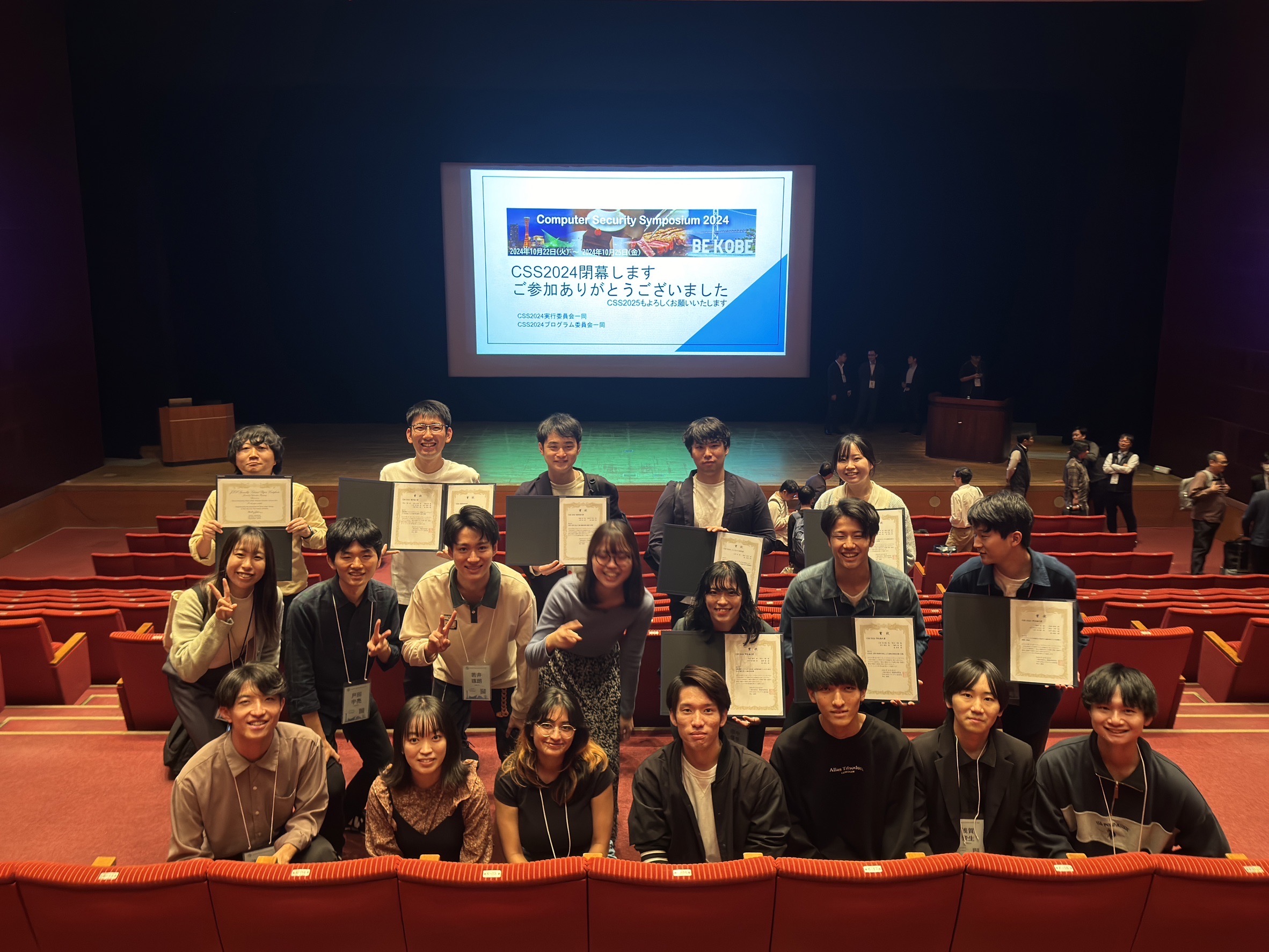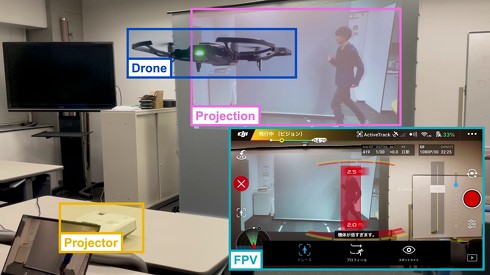We are happy to announce that our study entitled “Automated Exploration of Optimal Neural Network Structures for Deepfake Detection” has recently been accepted for publication in the Proceedings of the 17th International Symposium on Foundations & Practice of Security (FPS 2024). Congratulations, Toshikawa-kun and Iijijma-kun!

Yuto Toshikawa, Ryo Iijima, and Tatsuya Mori, “Automated Exploration of Optimal Neural Network Structures for Deepfake Detection,” Proceedings of the 17th International Symposium on Foundations & Practice of Security (FPS 2024), December 2024 (to appear).
Overview.
The proliferation of Deepfake technology has raised concerns about its potential misuse for malicious purposes, such as defaming celebrities or causing political unrest. While existing methods have reported high accuracy in detecting Deepfakes, challenges remain in adapting to the rapidly evolving technology and developing efficient and effective detectors. In this study, the authors propose a novel approach to address these challenges by utilizing advanced Neural Architecture Search (NAS) methods, specifically DARTS, PC-DARTS, and DU-DARTS. The experimental results demonstrate that the PC-DARTS method achieves the highest test AUC of 0.88 with a learning time of only 2.86 GPU days, highlighting the efficiency and effectiveness of this approach. Moreover, models generated through NAS exhibit competitive performance compared to state-of-the-art architectures such as XceptionNet, EfficientNet, and MobileNet. These findings suggest that NAS can quickly and easily construct adaptive and high-performance Deepfake detection models, providing a promising direction for combating the ever-evolving Deepfake technology. The PC-DARTS results especially emphasize the importance of efficient training time while achieving high test AUC, offering a fresh perspective on the automatic search for optimal network structures in Deepfake detection.




